-
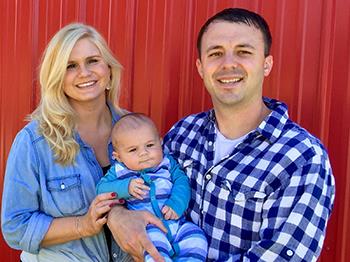
Ask the Expert: Hearing Care Practitioner JoBeth Finnegan | Beltone
JoBeth Finnegan, a Hearing Care Practitioner with Beltone in Mansfield and Mount Vernon, Ohio, has dedicated six years to helping individuals improve their hearing health. With a BA in Speech and Hearing Science and a minor in Geriatrics, she chose this career due to its blend of technology, medical impact, and the opportunity to aid others, particularly older adults. JoBeth finds fulfillment in witnessing the positive outcomes of her work, such as when a profoundly deaf patient regained the abil...
-
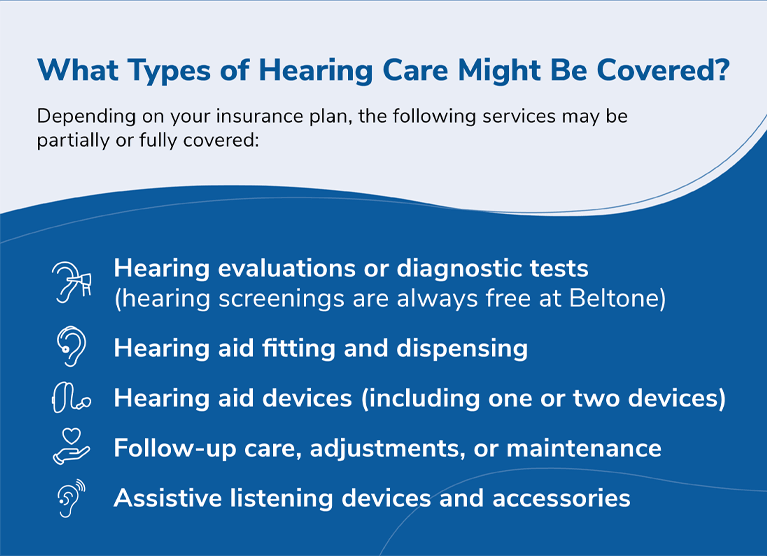
Does Insurance Cover Hearing Aids? | Beltone
Hearing aids are essential for better hearing, but coverage varies by insurance type. Private insurance, Medicare Advantage, and Medicaid may cover services like evaluations, fitting, devices, and maintenance, though specifics differ. Medicare traditional plans don't cover aids, while Advantage plans might offer partial coverage. Medicaid varies by state. FSA and HSA accounts can help with costs. To check coverage, contact your insurer or visit a Beltone for assistance. If not covered, options in...
-
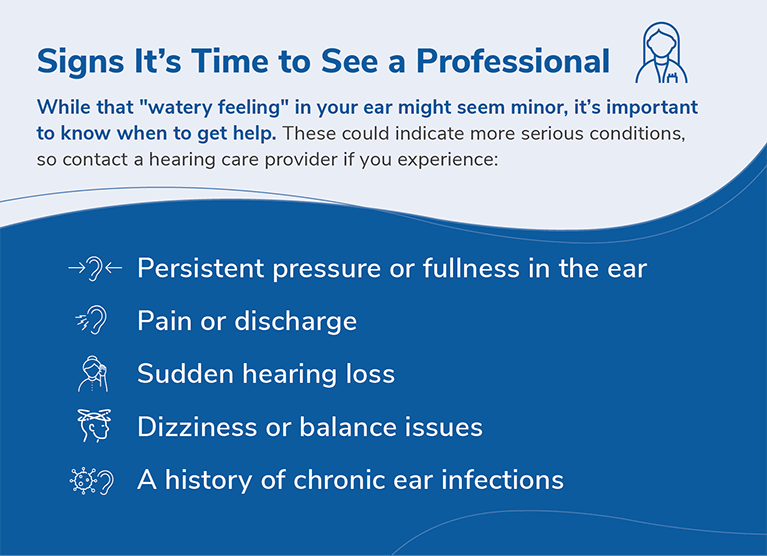
Why It Feels Like Water in Your Ear—and What You Can Do About It | Beltone
This article explores the sensation of water being trapped in the ear, which can occur even without swimming. Common causes include earwax buildup, Eustachian tube dysfunction, fluid from colds or sinus infections, swimmer’s ear, and hearing loss. The article advises seeking professional help if symptoms like persistent pressure, pain, sudden hearing loss, or dizziness arise. For mild cases, home remedies such as tilting the head, using a warm compress, staying hydrated, and avoiding cotton swa...
-
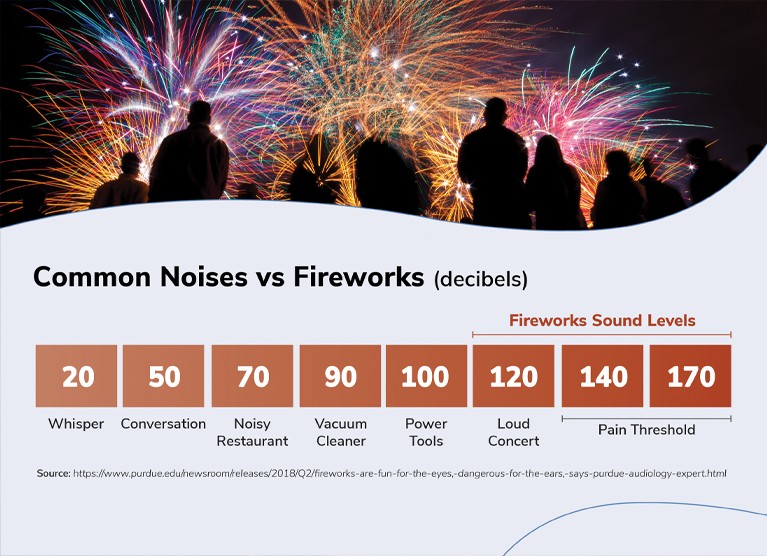
Protect Your Ears This July 4: Fireworks and the Risk of Hearing Loss | Beltone
Fireworks, a beloved part of Independence Day celebrations in the U.S., bring joy and wonder with their vibrant displays. However, they also pose a significant risk to hearing due to the extremely loud sounds they produce, which can reach levels between 120–170 dB at close range—far exceeding safe limits for human ears. Noise-induced hearing loss (NIHL) occurs when the delicate hair cells in the inner ear are damaged by loud noises, and once these cells are destroyed, they cannot regenerate, ...
-
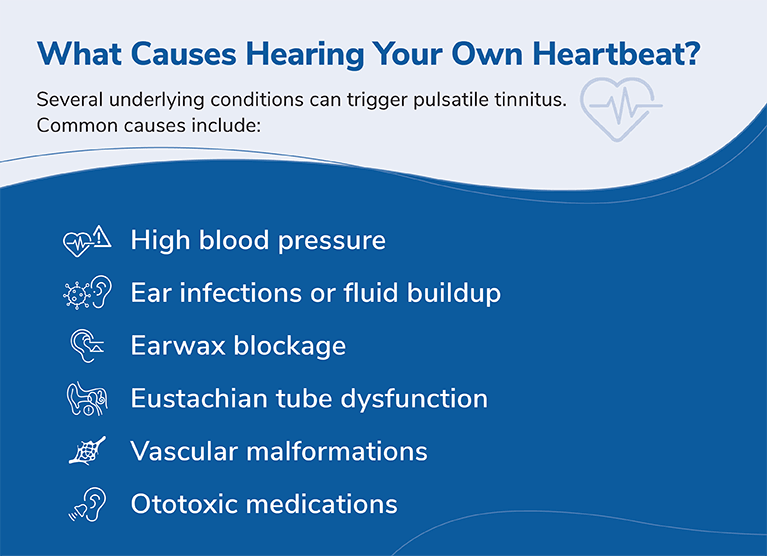
Hearing Heartbeat In Ears | Beltone
This article explains pulsatile tinnitus, a condition where individuals hear their heartbeat in their ears as rhythmic thumping or pulsing sounds. It highlights common causes such as high blood pressure, ear infections, earwax blockage, and vascular issues, while also noting that stress and anxiety can exacerbate symptoms. The article emphasizes the importance of seeking medical attention if symptoms persist, worsen, or occur alongside other concerning signs like hearing loss, dizziness, or heada...
-
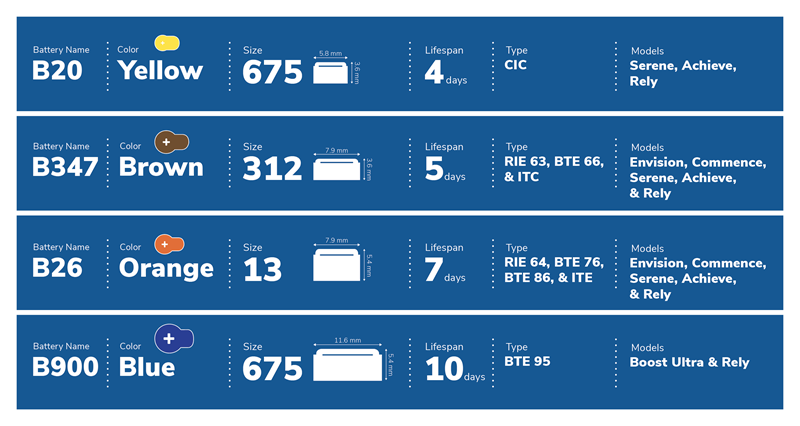
Hearing Aid Batteries, Hearing Aids Battery Sizes | Beltone
This article provides a comprehensive overview of hearing aid batteries, covering both rechargeable and disposable options. Rechargeable hearing aids use lithium-ion batteries, offering convenience and environmental benefits, while non-rechargeable models typically rely on zinc-air disposable batteries. The article explains the different battery sizes (e.g., Size 5: Red, Size 10: Yellow, Size 312: Brown, Size 13: Orange, Size 675: Blue) and how to identify them using color and number codes. It al...




